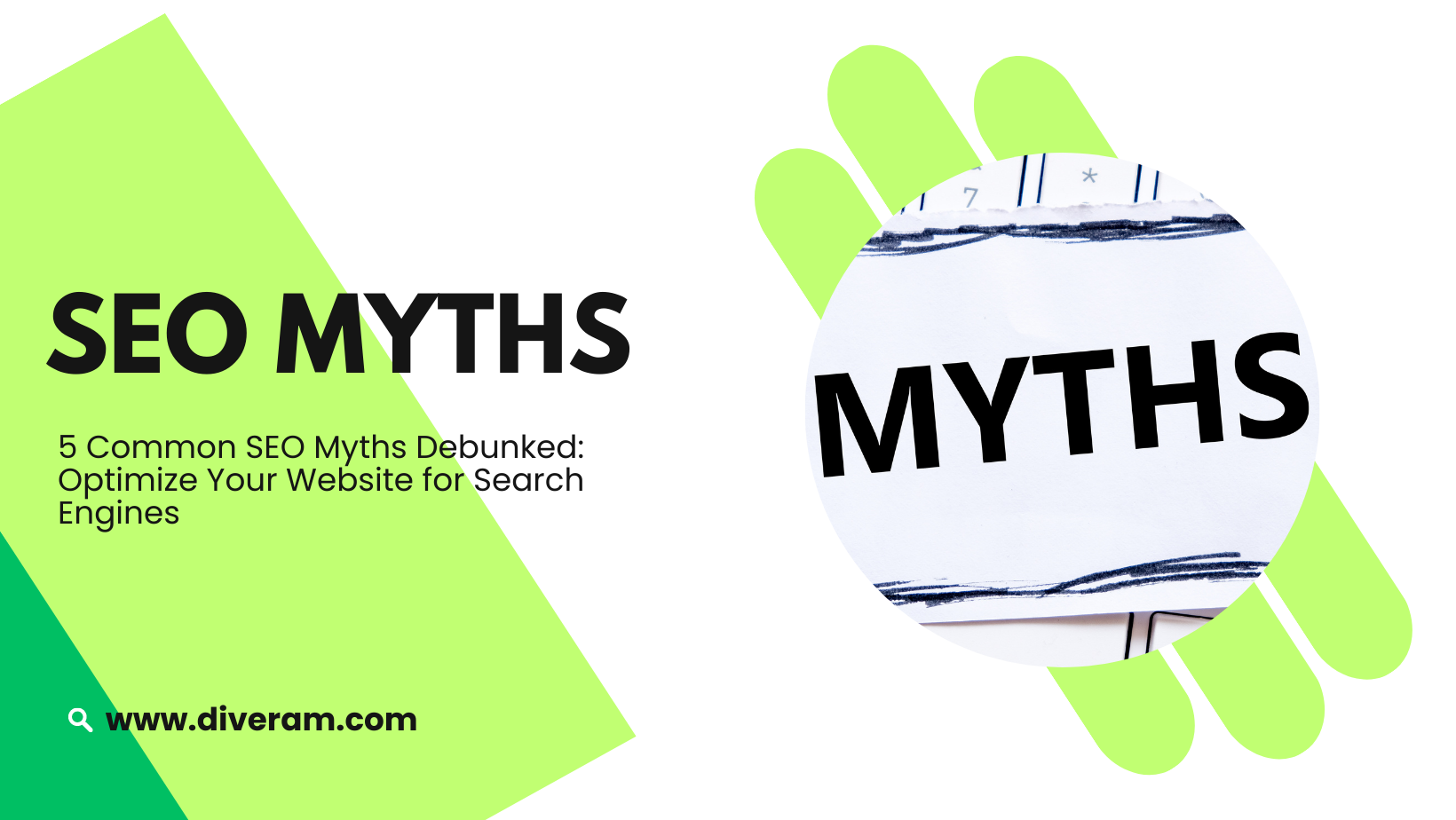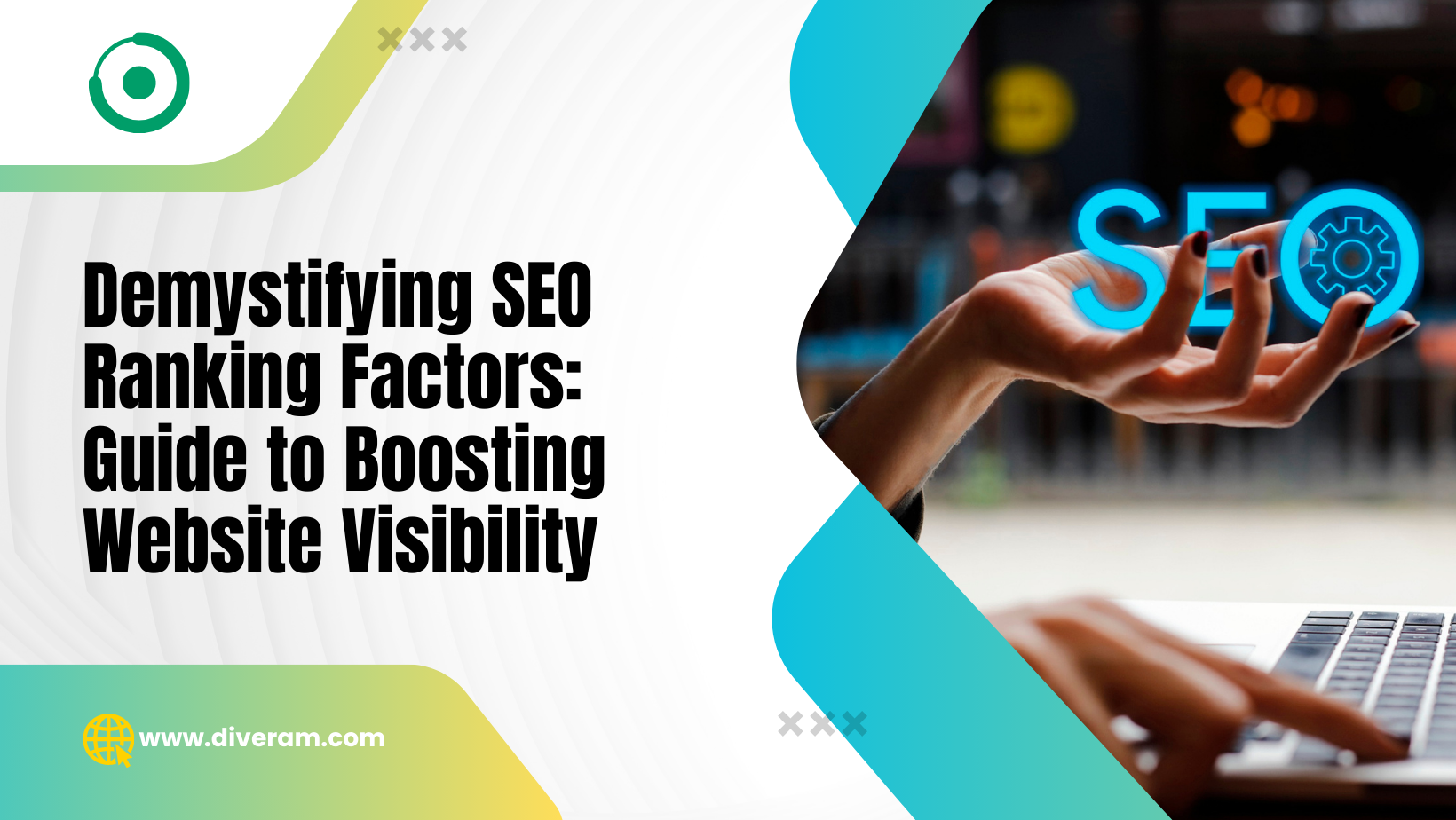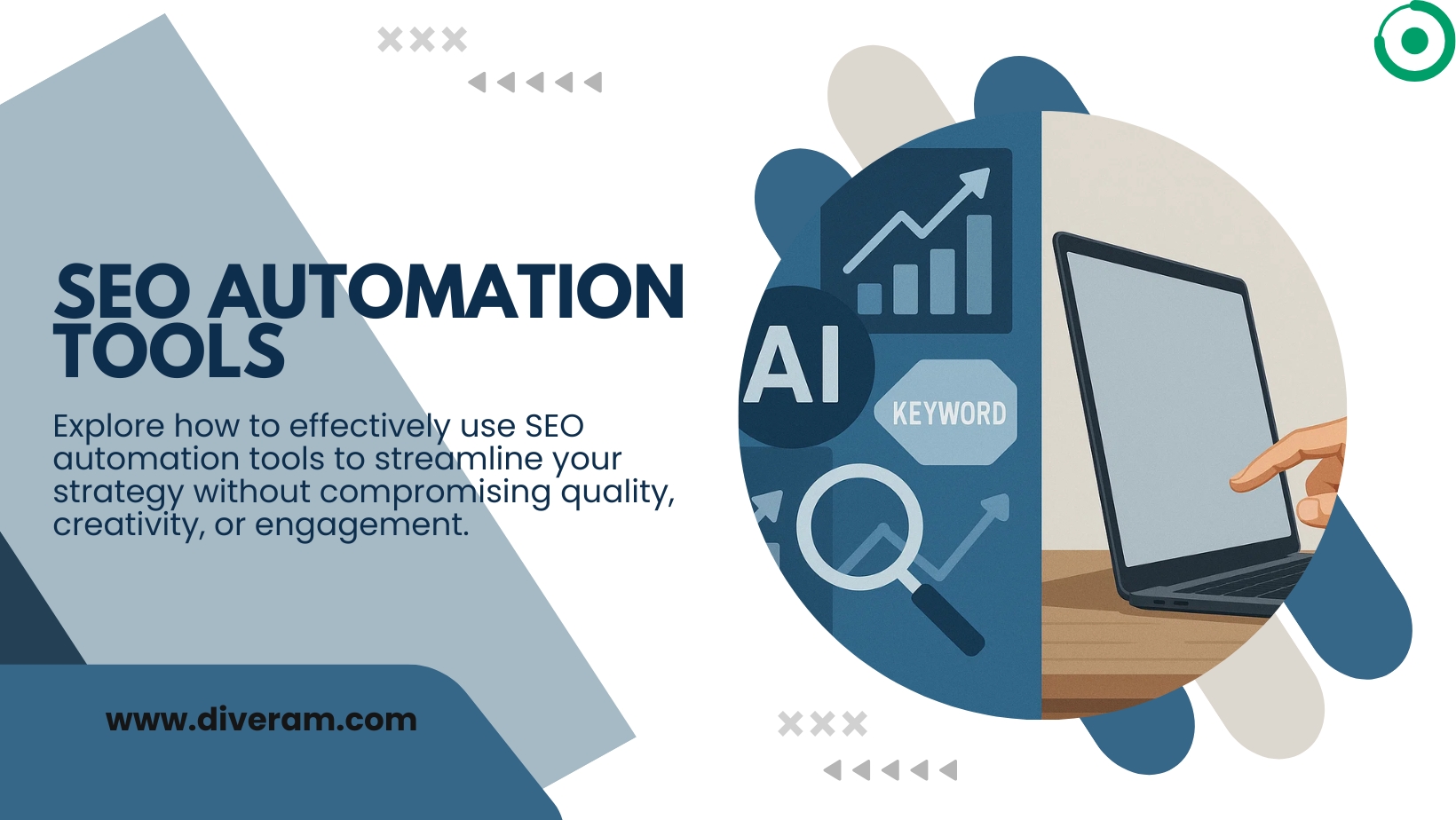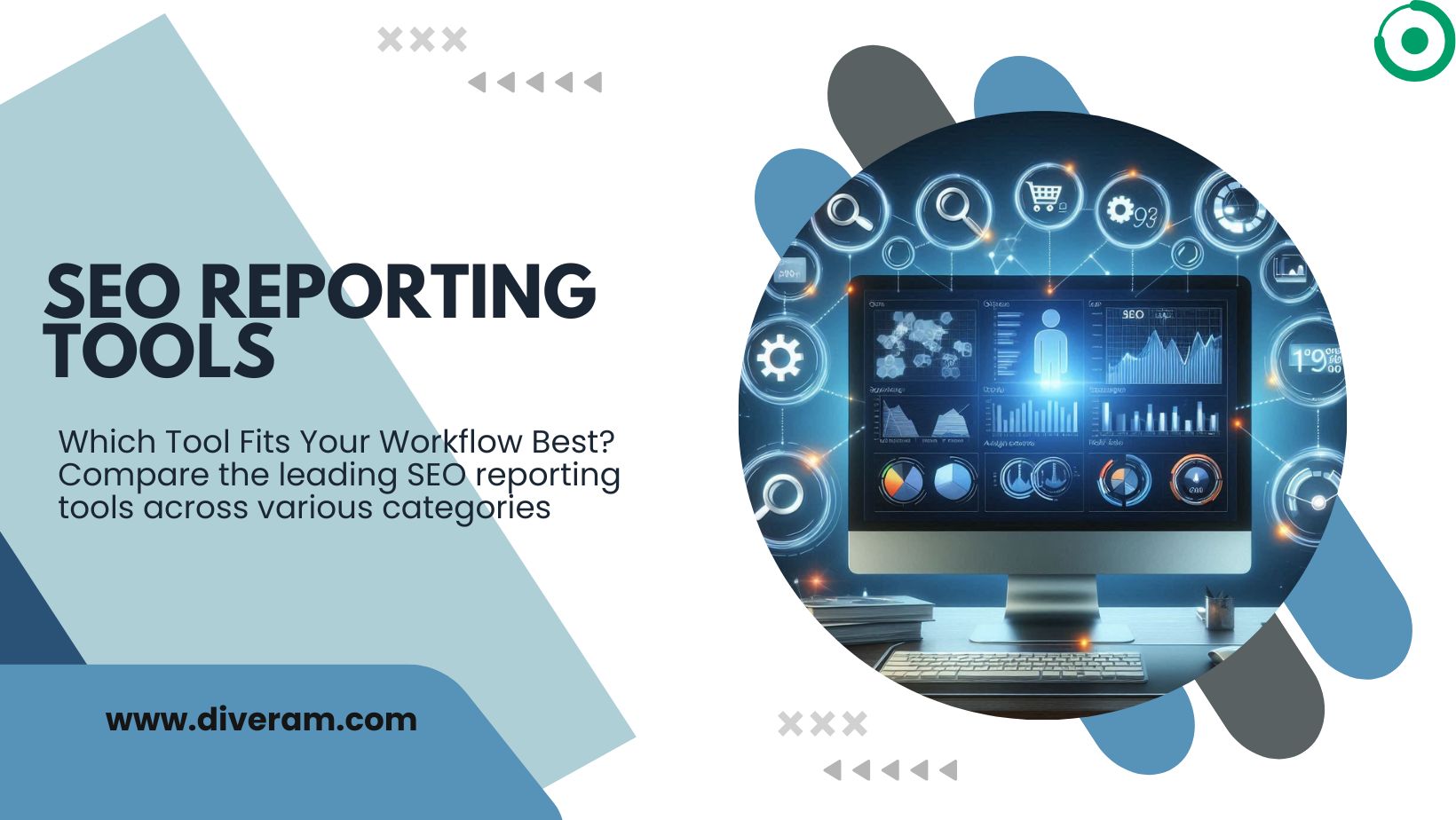5 Common SEO Myths Debunked

Search Engine Optimization (SEO) is a complex and ever-changing field, with many myths and misconceptions. These myths can mislead people and prevent them from getting the most out of their SEO efforts. In this article, we will explore five common myths about SEO and why they are false, as well as provide tips for optimising your website for search engines.
Myth #1: SEO is a One-time Task
Many people think that SEO is a one-time task that can be completed and forgotten about. However, SEO is an ongoing process that requires constant monitoring and adjustment. Search engines are constantly changing their algorithms and updating their ranking factors, so it’s important to stay up-to-date with these changes and make adjustments to your SEO strategy accordingly.
One way to stay up-to-date with SEO changes is to follow industry experts and blogs, such as Moz and Search Engine Journal. These resources provide insights and updates on the latest SEO trends and changes.
Myth #2: SEO is All About Keywords
While keywords are an important part of SEO, they are not the only factor that search engines consider when ranking websites. Search engines also look at other factors such as website structure, page load speed, mobile-friendliness, backlinks, and user engagement. To have a successful SEO strategy, you need to optimise all of these factors, not just keywords.
To optimise website structure, make sure your website is organised and easy to navigate. Use clear and descriptive URLs and page titles, and create a sitemap to help search engines crawl and index your website. To improve page load speed, optimise your images and use a content delivery network (CDN) to serve your website content from a server closer to your users.
Mobile-friendliness is also important for SEO, as more than half of all internet traffic comes from mobile devices. Make sure your website is mobile-responsive and easy to use on smaller screens.
Backlinks are another important ranking factor for search engines, but not all links are created equal. Quality over quantity is the key here. Low-quality links can actually harm your SEO efforts, while high-quality links from authoritative sources can significantly boost your rankings. It’s important to focus on building a diverse backlink profile from reputable websites in your industry.
User engagement is also important for SEO. Search engines look at metrics such as bounce rate, time on site, and click-through rate to determine the quality and relevance of your website content. To improve user engagement, create high-quality and informative content that addresses your target audience’s needs and interests.
Myth #3: More Links are Always Better
As mentioned earlier, backlinks are an important ranking factor for search engines. However, more links are not always better. In fact, low-quality or spammy links can harm your SEO efforts and even result in a penalty from search engines.
To build a strong backlink profile, focus on quality over quantity. Look for authoritative and relevant websites in your industry and try to earn links from them. You can do this by creating high-quality content that is shareable and informative, or by reaching out to other websites to request a link.
Myth #4: SEO is Only About On-page Optimization
On-page optimization, such as optimising your website content and meta tags, is important for SEO. However, off-page optimization is equally important. This includes building backlinks, social media marketing, and other forms of online marketing. Off-page optimization helps to establish your website’s authority and credibility, which in turn can improve your rankings.
Social media marketing is a great way to promote your website and increase brand awareness. Share your website content on social media platforms such as Facebook, Twitter, and LinkedIn, and engage with your followers to build relationships and attract new visitors to your website.
Myth #5: SEO Results are Instant
SEO is a long-term strategy that requires patience and persistence. Results may not be immediate, and it may take several months to see significant improvements in your website’s rankings.
To see long-term results, it’s important to focus on creating high-quality content that is relevant and informative for your target audience. This will help to establish your website as an authority in your industry and attract high-quality backlinks.
It’s also important to continually monitor your website’s performance and adjust your SEO strategy as needed. Use tools such as Google Analytics to track your website’s traffic, bounce rate, and other important metrics. This will help you identify areas where you can improve your website’s performance and make adjustments to your SEO strategy accordingly.
In conclusion, SEO is a complex and ever-changing field, and there are many myths and misconceptions surrounding it. To be successful with SEO, it’s important to stay up-to-date with the latest trends and changes, and to focus on optimizing all aspects of your website, not just keywords. By following these tips and staying persistent, you can improve your website’s rankings and attract more traffic to your website over time.




